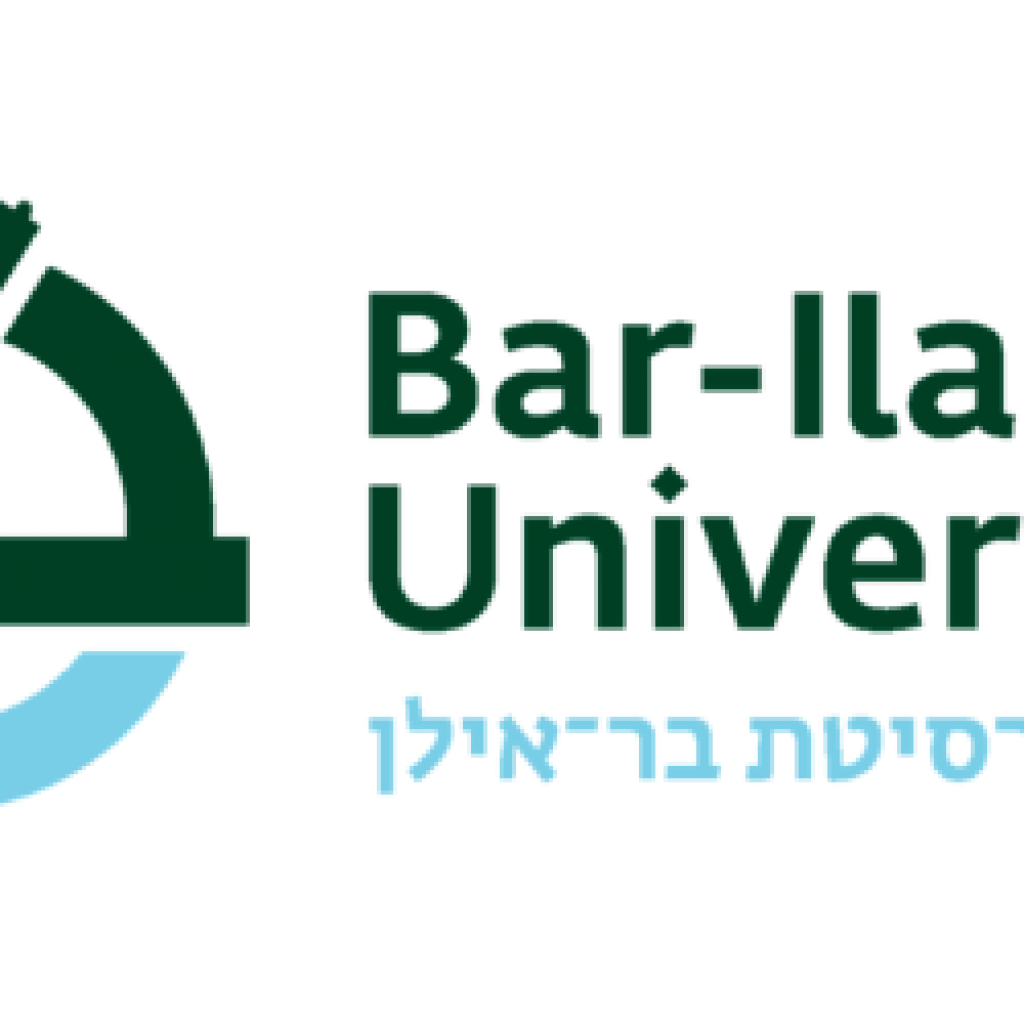(SciTechDaily) Prof. Emanuele Dalla Torre and his students at Bar-Ilan University in Israel and his team measured the effectiveness of today’s commercial quantum computers by running a collaborative, mathematical game on different technologies to evaluate 1) whether the systems demonstrated quantum mechanical properties and 2) how often the machines delivered the correct results. The team then compared the results to those generated by a classical computer.
Of the technologies tested, only the Quantinuum System Model H1-1, Powered by Honeywell, outperformed the classical results. Dalla Torre said classical computers return the correct answer only 87.5 percent of the time. The H1-1 returned the correct answer 97 percent of the time. (The team also tested the game on the now-retired System Model H0, which achieved 85 percent.)
“What we see in the H1 is that the probability is not 100 percent, so it’s not a perfect machine, but it is still significantly above the classical threshold. It’s behaving quantum mechanically,” Dalla Torre said.
The mathematical game Dalla Torre and his team played requires non-local correlations. In other words, it’s a collaborative game in which parts of the system can’t communicate to solve challenges or score points.
The mathematical game Dalla Torre and his team played requires non-local correlations. In other words, it’s a collaborative game in which parts of the system can’t communicate to solve challenges or score points.
Bar-Ilan U team finds Quantinuum H1 Quantum Computer outperforms classical system at game designed to test quantum mechanics
